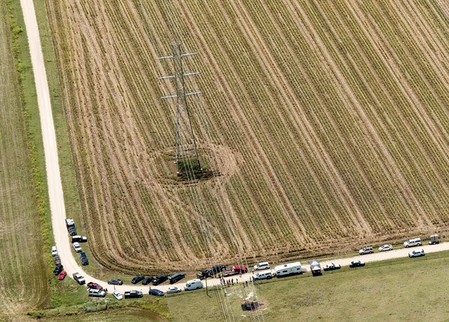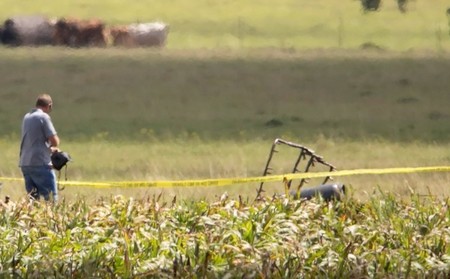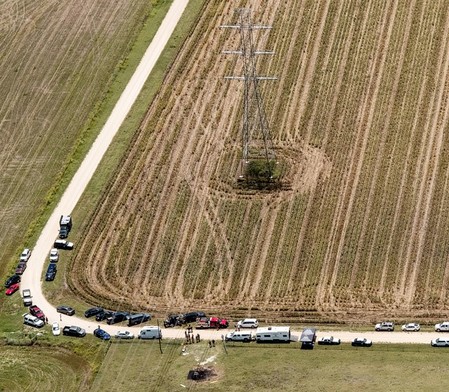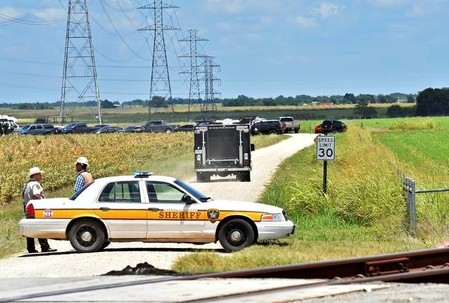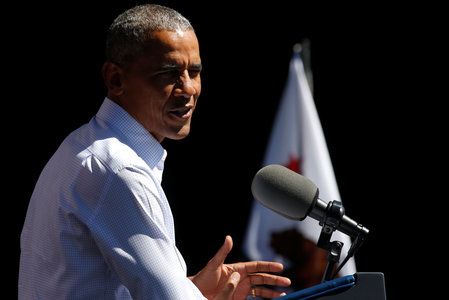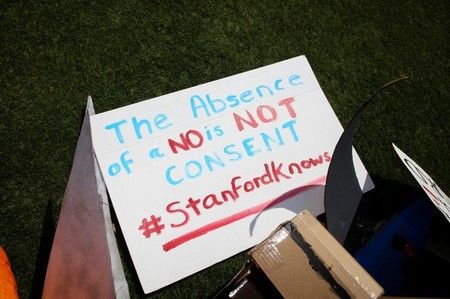Advertisement
Tighter oversight of balloon operators urged after Texas crash

By Jon Herskovitz
AUSTIN, Texas (Reuters) – Federal regulation of hot air balloon operators needs to be more in line with oversight of the airline industry, a U.S. safety official said on Monday during a briefing on a crash in Texas that ranked as the worst in North American ballooning history.
The balloon, flown by Heart of Texas Hot Air Balloon Rides chief pilot and owner Alfred “Skip” Nichols, hit a power line and plummeted in flames into a pasture near Lockhart, about 30 miles (50 km) south of the state capital Austin. The accident killed all 16 people on board.
The National Transportation Safety Board is still in the preliminary stages of its investigation and has issued no findings into the cause of the crash, nor has it linked the accident in any way to the behavior by the pilot.
At Monday’s briefing, Robert Sumwalt, who is heading the investigation for the National Transportation Safety Board, said that unlike airplane and helicopter pilots, balloon pilots are not required to apply for Federal Aviation Administration (FAA) medical certificates.
That process screens applicants for drug or alcohol-related convictions and certificates are renewable every six months, Sumwalt said in response to a reporter’s question.
“That goes back to the issue of oversight of commercial balloon operators, he said. “We do see this discontinuity, this disparity in this level of oversight requirements.”
The NTSB urged the Federal Aviation Administration in April 2014 to require commercial balloon operators to have a letter of authorization similar to that required of pilots of tour planes and helicopters, which includes drug testing.
It recommended greater oversight of the hot air balloon industry, saying it was concerned about the potential for great loss of life without more regulation.
The FAA rejected the proposal, saying it did not believe it would have a significant impact on safety.
“We don’t feel the FAA response to our recommendations was acceptable,” Sumwalt said on Monday.
Sumwalt’s comments at the briefing came after news that Nichols, who died in Saturday’s crash, had been convicted of drunk-driving offenses dating back to 1990 and had at least one drug-related conviction, according to online records.
Records in Missouri’s St. Louis County showed that Nichols had pleaded guilty to drunk driving charges at least three times between 1990 and 2010 and several other vehicular charges.
In 2000, he pleaded guilty to a drug-related charge and spent time in prison, according to criminal records.
Following his 2010 conviction for drunk driving, Nichols was sentenced to seven years in prison and released on parole in January 2012.
At the briefing Sumwalt said investigators had found “no evidence of pre-existing failures, malfunctions or problems”
in the balloon portion of the aircraft, but there were abrasion marks on high-tension electrical wires near the site.
He said a hot air balloon owned by the Texas company but operated by a different pilot had been involved in a hard landing in a soccer field in 2014.
The number of deaths involving hot air balloons has declined in recent years. From 1982 to 1993, there were 43 deaths, according to the NTSB, while there were 31 fatalities from 1994 to 2016, excluding the 16 deaths on Saturday.
In a statement on its Facebook page, Texas Hot Air Balloon Rides expressed condolences over those killed in the crash and said it was suspending operations.
“There are simply no words to express our profound sadness at this event that has taken away so many of our loved ones,” it said in a Facebook post.
The company said it had not been in contact with relatives of those killed in the crash as it was being probed by U.S. investigators. It could not be reached for further comment.
The names of the passengers killed on Saturday have not been officially released but social media posts and local media reports indicated the victims included a couple celebrating their 23rd wedding anniversary.
(Additional reporting by Frank McGurty and Joseph Ax in New York; Editing by Will Dunham and Sandra Maler)

